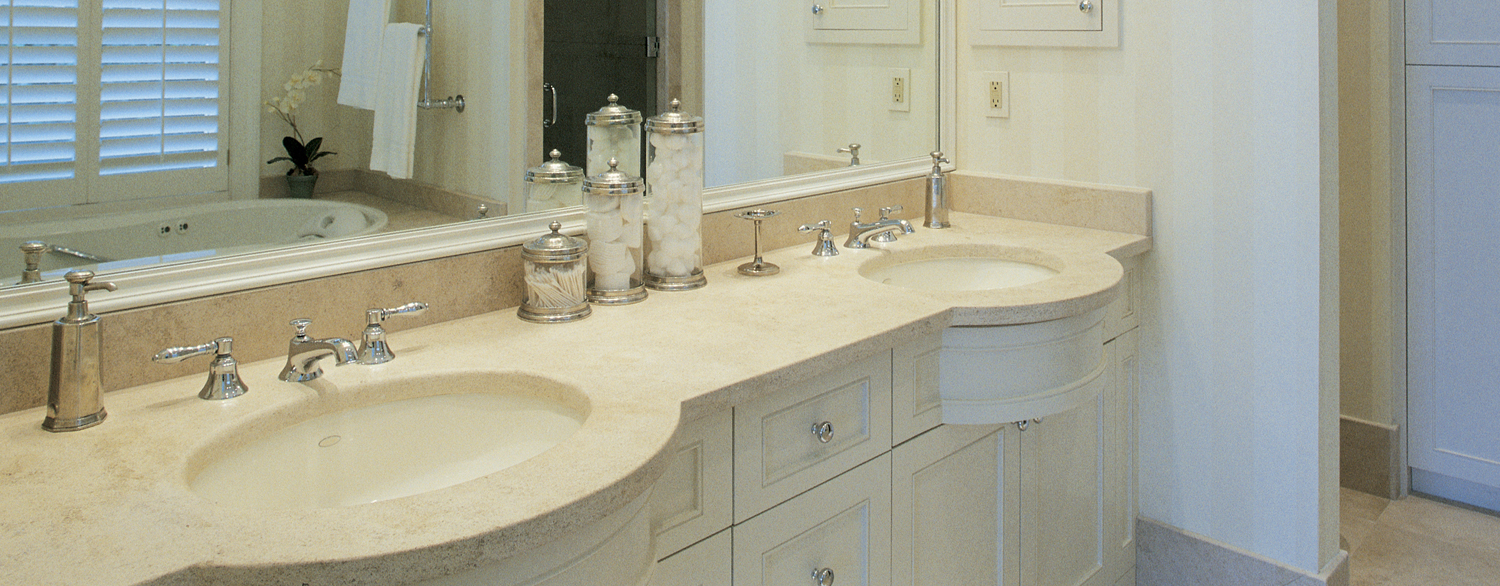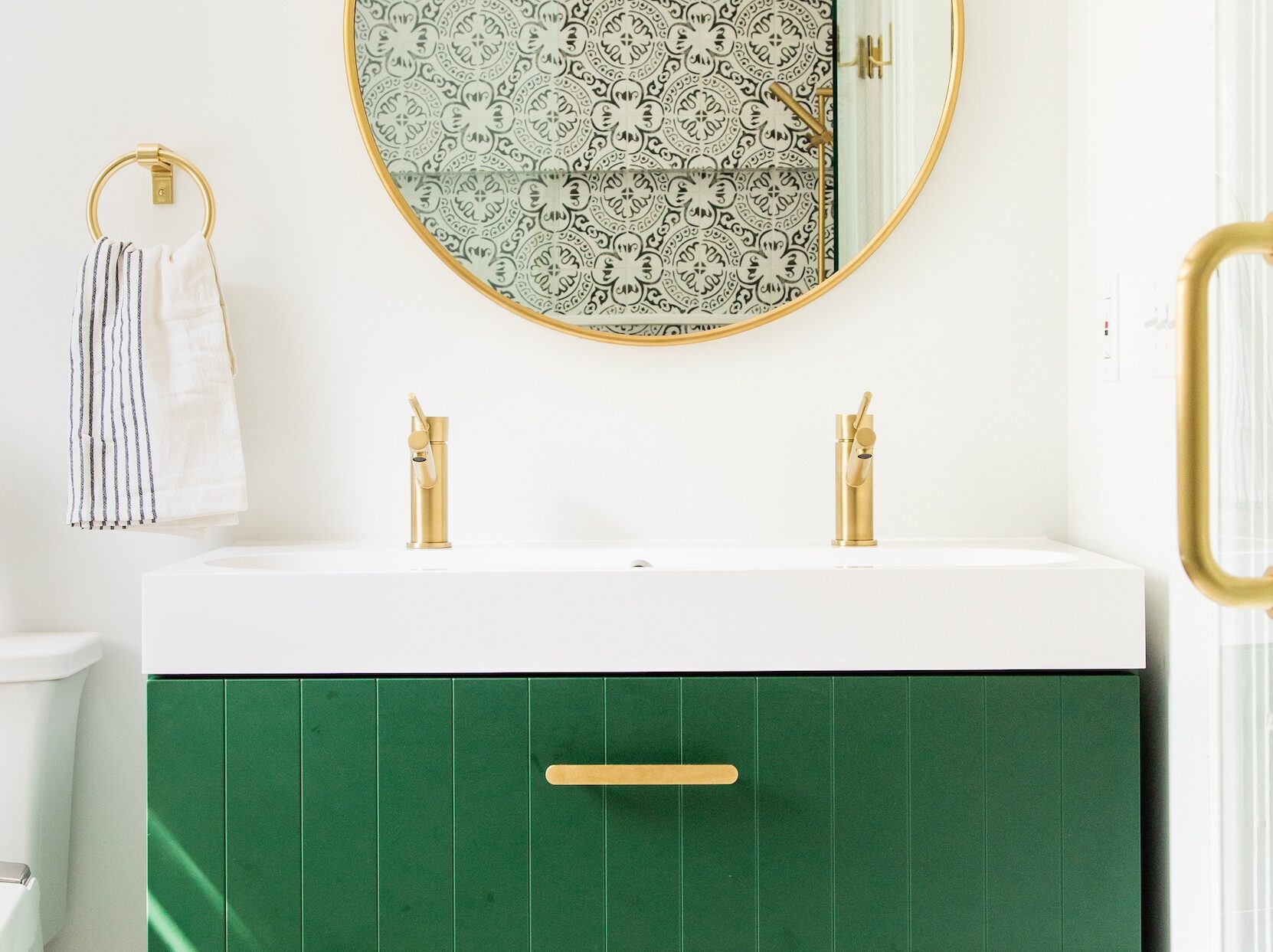Feng Shui is an ancient Chinese practice that focuses on the flow of energy, or qi, within a space. When applied to the home, Feng Shui can create a harmonious and balanced environment that promotes health, wealth, and happiness. The living room, being the central gathering space of the home, is an important area to incorporate Feng Shui principles. Here are 10 essential Feng Shui living room rules you need to know to create a positive energy flow in your home.Feng Shui Living Room Rules
1. Keep it clutter-free. Clutter, whether physical or mental, can disrupt the flow of energy in a space. Keep your living room tidy and organized to promote a sense of calm and relaxation. Avoid storing items under the furniture, as this can create stagnant energy. 2. Choose calming colors. The colors you choose for your living room can have a big impact on the energy flow. Stick to soft, calming colors like blues, greens, and earth tones. Avoid bright, bold colors that can be overstimulating. 3. Balance the elements. According to Feng Shui principles, there are five elements: wood, fire, earth, metal, and water. Incorporate these elements into your living room decor in a balanced way to promote harmony. For example, you can add a wooden coffee table, a metal wall art piece, and a water feature. 4. Use natural light. Natural light is considered the best source of light in Feng Shui. It brings in positive energy and improves the mood of the space. Make sure to open up your curtains or blinds during the day to let in natural light. 5. Place furniture in a commanding position. The placement of furniture can affect the flow of energy in a room. Arrange your furniture in a way that allows you to see the entrance of the room while sitting. This gives you a sense of security and control. 6. Add plants. Plants are a great way to bring in natural energy and purify the air in your living room. Choose plants with rounded leaves, as pointed or spiky leaves can create negative energy. Keep them healthy and well-maintained to promote positive energy flow. 7. Incorporate meaningful decor. Decorations in your living room should have a purpose and meaning. Display items that hold sentimental value or represent your goals and aspirations. Avoid cluttering the space with meaningless trinkets. 8. Avoid sharp edges. Sharp edges can create negative energy in a space. Choose furniture with rounded edges to promote a sense of ease and comfort. If you have furniture with sharp edges, you can soften them with fabric or plants. 9. Hang mirrors strategically. Mirrors can be a powerful tool in Feng Shui, but they should be used carefully. Avoid placing them directly across from each other as it can cause a reflection of energy bouncing back and forth. Hang them on a wall where they can reflect natural light. 10. Keep the space balanced and symmetrical. Balance is key in Feng Shui. Keep the living room layout balanced and symmetrical to promote a sense of order and harmony. Avoid placing all the furniture on one side of the room or having an uneven number of decor items.10 Essential Feng Shui Living Room Rules You Need to Know
Incorporating Feng Shui principles into your living room can have a positive impact on your overall well-being. Here are a few additional tips to create a harmonious and balanced space: - Keep the space well-lit: Make sure to have a good balance of natural and artificial light in your living room. A well-lit space promotes good energy flow and boosts mood. - Avoid exposed beams: Exposed beams on the ceiling can create a heavy and oppressive energy in a room. If your living room has exposed beams, you can soften them with fabric or paint them a light color. - Use essential oils: Essential oils can help create a calm and peaceful atmosphere in your living room. Use scents like lavender, bergamot, or sandalwood to promote relaxation and positive energy flow.Feng Shui Living Room Tips for a Harmonious and Balanced Space
Creating a Feng Shui living room doesn't have to be complicated. Here are six simple tips to help you create a happy and harmonious space: - Find your energy map: Your energy map, or bagua, is a map that divides your living room into nine areas, each representing different aspects of your life. Use this map to determine which areas of your living room need more attention or adjustments to promote balance. - Clear the air: Good air quality is essential for a healthy and happy living room. Make sure to open windows regularly to let fresh air in, and invest in an air purifier to remove any pollutants. - Use natural materials: Natural materials like wood, cotton, and linen promote a sense of grounding and connection to the earth. Incorporate these materials into your living room for a more harmonious space. - Let go of negative energy: If you have any items in your living room that hold negative memories or emotions, it's best to let them go. These items can disrupt the positive energy flow in your space. - Keep electronics to a minimum: Electronics can emit electromagnetic fields (EMFs) that can disrupt the flow of energy in a space. Keep electronics to a minimum in your living room, and make sure to turn them off when not in use. - Trust your intuition: In the end, the most important thing is to trust your intuition and create a living room that feels right to you. Your living room should be a reflection of yourself and promote a sense of happiness and well-being.Creating a Feng Shui Living Room: 6 Tips for a Happy Home
Arranging furniture in a Feng Shui living room can be a bit different from traditional interior design principles. Here are some tips on how to arrange your living room for good Feng Shui: - Start with the basics: Begin by arranging your furniture in a way that allows for easy conversation and movement in the room. Make sure to leave enough space for a good energy flow. - Consider the energy map: Use the bagua map to determine which areas of your living room correspond to different aspects of your life. For example, the southeast corner represents wealth, so you can place a plant or a water feature in that area to promote abundance. - Use the commanding position: As mentioned earlier, the commanding position is when you can see the entrance of the room while sitting. Place your sofa and chairs in this position to feel secure and in control. - Avoid blocking doors and windows: Make sure to keep doors and windows clear of any furniture or clutter. This allows for a good energy flow and prevents any blockages. - Balance the elements: As mentioned earlier, incorporating the five elements in a balanced way is important in Feng Shui. Spread them out throughout the room rather than grouping them together in one area. - Listen to your body: At the end of the day, the most important thing is to listen to your body and how you feel in the space. If something doesn't feel right, trust your instincts and make adjustments accordingly.How to Arrange Your Living Room for Good Feng Shui
The placement of furniture in a Feng Shui living room is crucial to promoting a positive energy flow. Here are some general guidelines on where to place your furniture: - Sofa: Place your sofa against a solid wall in the commanding position, with a clear view of the entrance. Avoid placing it directly in front of a window or facing a door. - Chairs: Place chairs in a way that allows for easy conversation and movement in the room. Avoid placing them in a way that creates a furniture "obstacle course." - Coffee table: The coffee table should be placed in the center of the seating area, with enough space for people to walk around it comfortably. - TV: If you have a TV in your living room, it's best to keep it hidden when not in use. If that's not possible, place it in a corner or on a stand that can be closed when not in use. - Rugs: Rugs can help define a space and add warmth to a living room. Make sure to choose a rug that is proportional to your furniture and doesn't overwhelm the room.Feng Shui Living Room Layout: Where to Place Your Furniture
Colors play a significant role in creating a harmonious and balanced living room. Here are some tips on how to choose the best colors for your Feng Shui living room: - Stick to calming colors: As mentioned earlier, soft, calming colors are best for a Feng Shui living room. Blues, greens, and earth tones promote a sense of peace and tranquility. - Avoid bright, bold colors: Bright, bold colors can be overstimulating and disrupt the energy flow in a room. If you want to add a pop of color, do it in small doses with accents like pillows or artwork. - Consider the energy map: You can also choose colors based on the energy map. For example, the northeast corner represents knowledge and wisdom, so you can use blue or yellow tones in that area to promote learning and growth. - Use a color wheel: If you're not sure which colors work well together, you can use a color wheel to create a color scheme. Choose colors that are complementary or analogous for a harmonious look.Feng Shui Living Room Colors: How to Choose the Best Ones
Decorations are an important aspect of a Feng Shui living room. Here are some tips on how to incorporate decor in a way that promotes balance and harmony: - Choose meaningful pieces: As mentioned earlier, decor should have a purpose and meaning in a Feng Shui living room. Display items that hold sentimental value or represent your goals and aspirations. - Use mirrors strategically: Mirrors can be a powerful tool in Feng Shui, but they should be used carefully. Avoid placing them directly across from each other and make sure they reflect natural light. - Add natural elements: As mentioned earlier, incorporating natural elements like plants, wood, and water can promote a sense of grounding and connection to the earth. Use these elements in your decor for a harmonious space. - Avoid clutter: Clutter can disrupt the energy flow in a space. Choose a few meaningful decorations rather than filling every surface with trinkets. - Keep it balanced: As with furniture placement, it's important to keep decor balanced and symmetrical. Avoid having too many items on one side of the room or using an uneven number of items.Feng Shui Living Room Decor: Bringing Balance and Harmony to Your Space
Plants are a great way to bring in natural energy and purify the air in your living room. Here are some of the best Feng Shui plants for a positive energy flow: - Lucky bamboo: This plant is believed to bring good luck and prosperity. It can be placed in the southeast corner of the living room for optimal energy flow. - Money tree: As the name suggests, this plant is associated with wealth and abundance. It can be placed in the wealth corner, which is the southeast corner according to Feng Shui principles. - Jade plant: This plant is considered a symbol of good fortune and prosperity. It can be placed in the wealth corner or any area that needs a boost of positive energy. - Peace lily: This plant is known for its air-purifying properties and is believed to bring peace and harmony to a space. It can be placed in the central area of the living room to promote balance and unity. - Rubber plant: This plant has large, round leaves that symbolize prosperity and good fortune. It can be placed in any area of the living room to promote positive energy flow.Feng Shui Living Room Plants: The Best Ones for a Positive Energy Flow
As mentioned earlier, mirrors can be a powerful tool in Feng Shui. Here are some dos and don'ts for using mirrors in your living room: - Do place them strategically: Mirrors should be placed in areas where they can reflect natural light and create a sense of spaciousness. Avoid placing them directly across from each other. - Don't have too many: Too many mirrors in a space can create a chaotic energy. Stick to one or two well-placed mirrors in your living room.Feng Shui Living Room Mirrors: Dos and Don'ts for a Balanced Space
Feng Shui Living Room Rules for a Harmonious Home
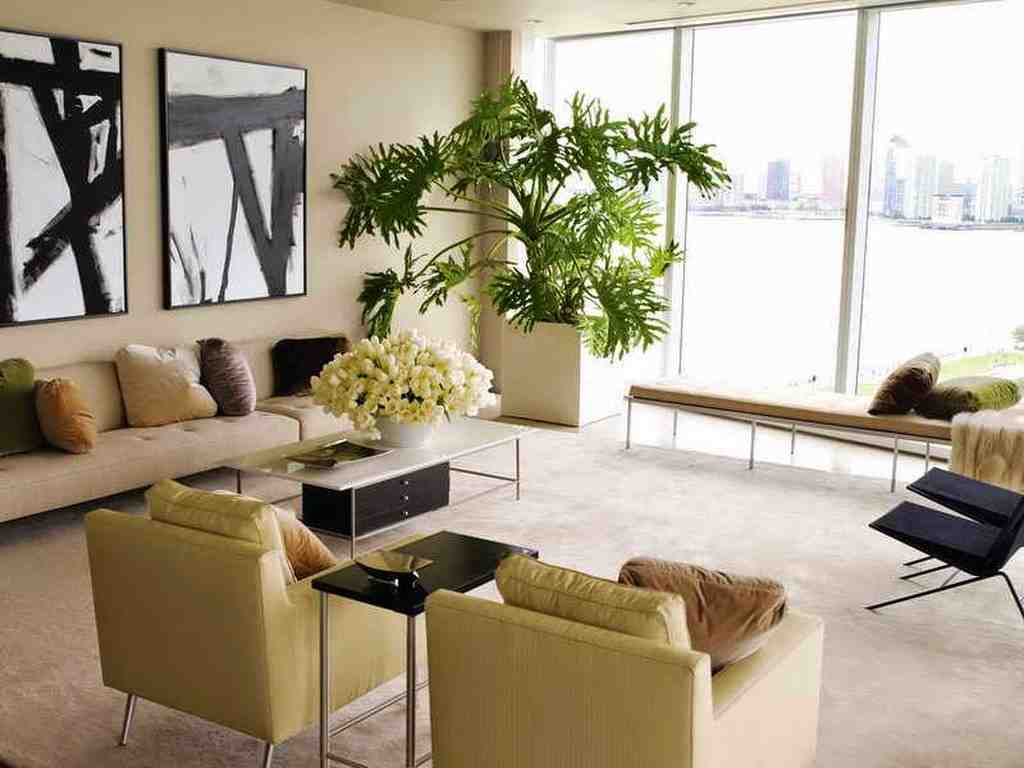
The Importance of Feng Shui in House Design
:max_bytes(150000):strip_icc()/tips-for-a-bed-aligned-with-the-door-1274764_V7-a51033100e99493fa59d12f522411548.png) Feng shui, an ancient Chinese practice, is all about creating balance and harmony in our living spaces. It is believed that the arrangement and flow of energy, or qi, in our homes can greatly affect our well-being, relationships, and overall success. The living room, being the heart of the home, holds a special significance in feng shui design. By following some simple feng shui living room rules, you can create a peaceful and welcoming space that promotes positive energy and enhances the overall flow of your home.
Feng shui, an ancient Chinese practice, is all about creating balance and harmony in our living spaces. It is believed that the arrangement and flow of energy, or qi, in our homes can greatly affect our well-being, relationships, and overall success. The living room, being the heart of the home, holds a special significance in feng shui design. By following some simple feng shui living room rules, you can create a peaceful and welcoming space that promotes positive energy and enhances the overall flow of your home.
Declutter and Organize
 One of the key principles of feng shui is to declutter and organize your living space. A cluttered and chaotic living room can block the flow of energy and create stress and tension.
Get rid of any unnecessary items and keep only what you truly need and love
. This will not only create a more visually appealing space but also allow for a better flow of qi.
Utilize storage solutions to keep your living room tidy and organized
, such as baskets, shelves, and cabinets.
One of the key principles of feng shui is to declutter and organize your living space. A cluttered and chaotic living room can block the flow of energy and create stress and tension.
Get rid of any unnecessary items and keep only what you truly need and love
. This will not only create a more visually appealing space but also allow for a better flow of qi.
Utilize storage solutions to keep your living room tidy and organized
, such as baskets, shelves, and cabinets.
Balance the Elements
 According to feng shui, there are five elements - wood, fire, earth, metal, and water - that need to be balanced in a space to promote positive energy. To achieve this balance in your living room, incorporate
natural elements such as plants and wooden furniture
to represent the wood element,
a fireplace or candles
for the fire element, and
earth tones
for the earth element.
Metal decor or accents
can represent the metal element, while
a small water feature or a vase of fresh flowers
can symbolize the water element.
According to feng shui, there are five elements - wood, fire, earth, metal, and water - that need to be balanced in a space to promote positive energy. To achieve this balance in your living room, incorporate
natural elements such as plants and wooden furniture
to represent the wood element,
a fireplace or candles
for the fire element, and
earth tones
for the earth element.
Metal decor or accents
can represent the metal element, while
a small water feature or a vase of fresh flowers
can symbolize the water element.
Proper Furniture Placement
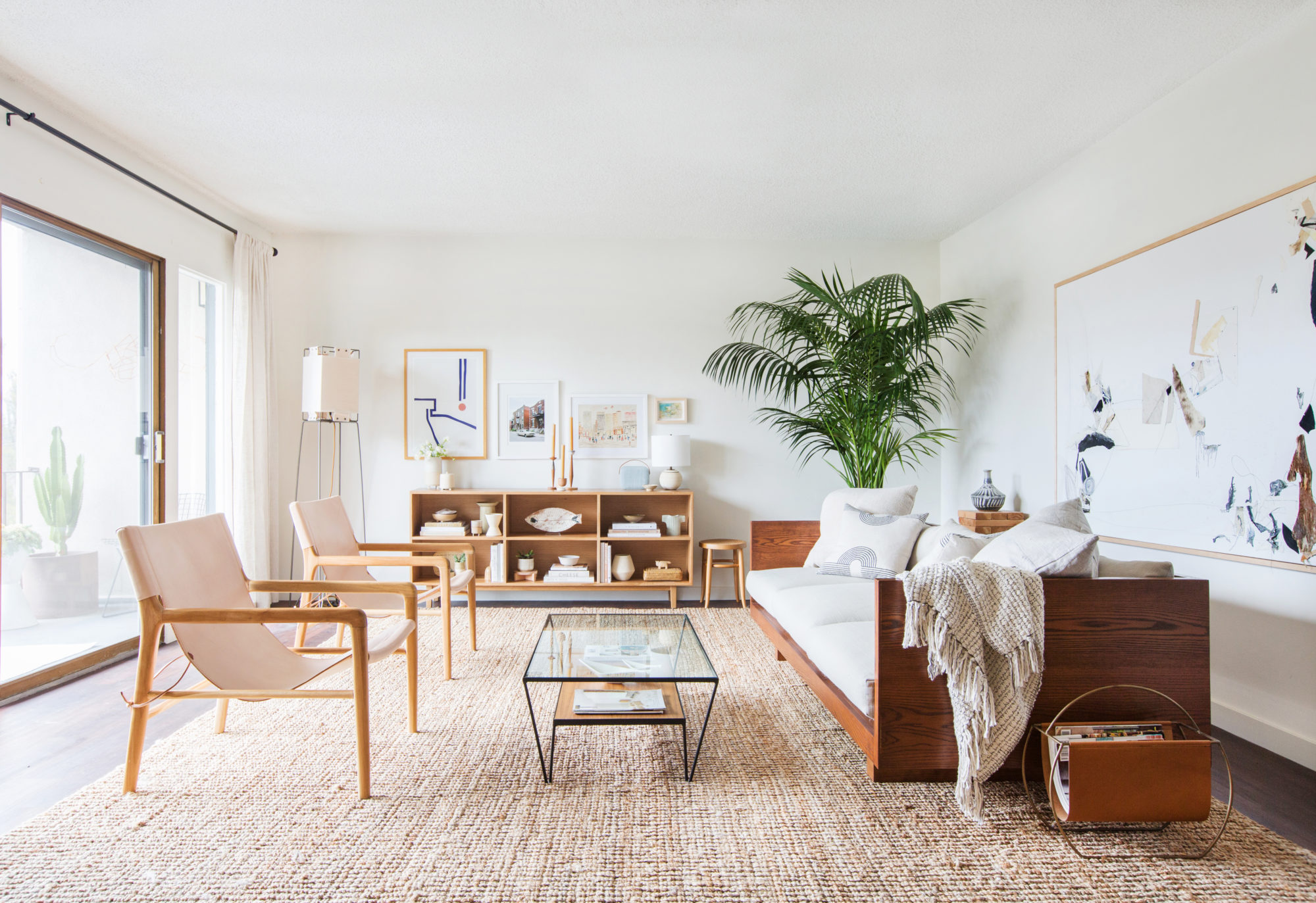 In feng shui, the placement of furniture is crucial in creating a harmonious living space.
Ensure that your main seating area is facing the entrance of the room
, allowing for a clear view of anyone entering. This will create a sense of security and control.
Avoid placing furniture in a direct line with the door
as this can create a rush of energy that may disrupt the flow in the room.
Leave enough space for people to move freely around the furniture
, promoting a smooth flow of energy.
In feng shui, the placement of furniture is crucial in creating a harmonious living space.
Ensure that your main seating area is facing the entrance of the room
, allowing for a clear view of anyone entering. This will create a sense of security and control.
Avoid placing furniture in a direct line with the door
as this can create a rush of energy that may disrupt the flow in the room.
Leave enough space for people to move freely around the furniture
, promoting a smooth flow of energy.
Use Colors Wisely
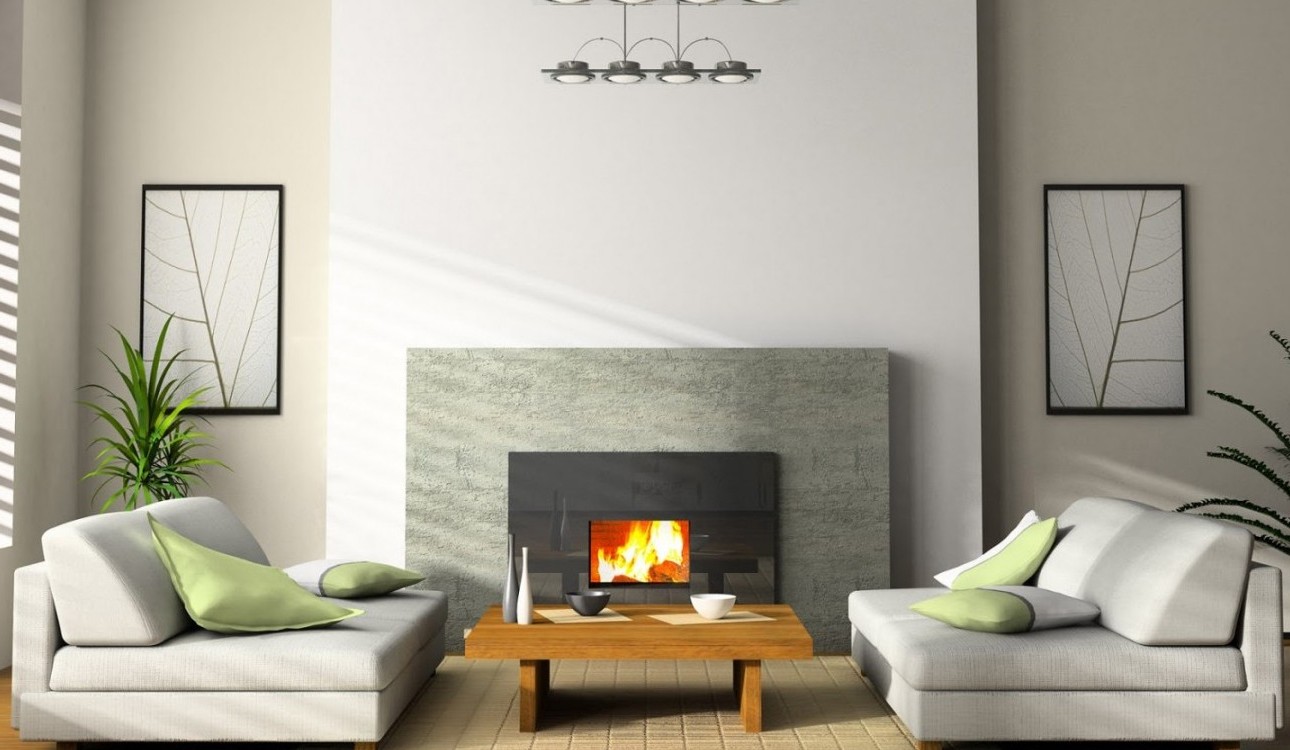 Colors play a significant role in feng shui design.
Choose a color scheme that promotes relaxation and harmony
, such as soft blues, greens, and earth tones.
Avoid using bold and jarring colors
that can create an overwhelming or chaotic atmosphere.
Use color to create balance and harmony in the room
, such as incorporating touches of all five elements in your chosen color scheme.
In conclusion, following these feng shui living room rules can help create a harmonious and welcoming space in your home. By incorporating the principles of decluttering, balancing elements, proper furniture placement, and wise use of colors, you can promote positive energy and enhance the flow of qi in your living room. Remember, a well-designed living room not only looks good, but it can also improve the overall well-being of your household.
Colors play a significant role in feng shui design.
Choose a color scheme that promotes relaxation and harmony
, such as soft blues, greens, and earth tones.
Avoid using bold and jarring colors
that can create an overwhelming or chaotic atmosphere.
Use color to create balance and harmony in the room
, such as incorporating touches of all five elements in your chosen color scheme.
In conclusion, following these feng shui living room rules can help create a harmonious and welcoming space in your home. By incorporating the principles of decluttering, balancing elements, proper furniture placement, and wise use of colors, you can promote positive energy and enhance the flow of qi in your living room. Remember, a well-designed living room not only looks good, but it can also improve the overall well-being of your household.




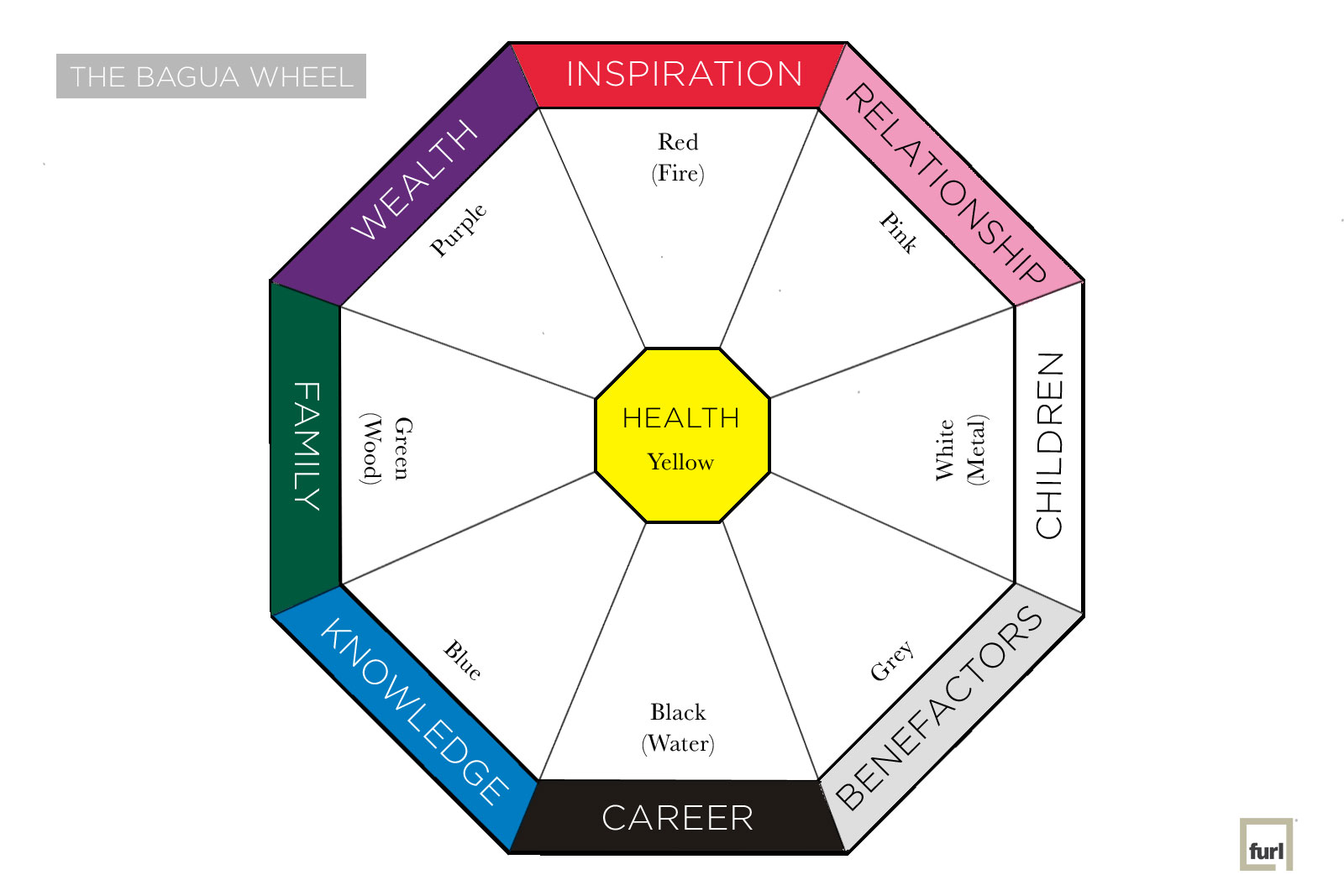








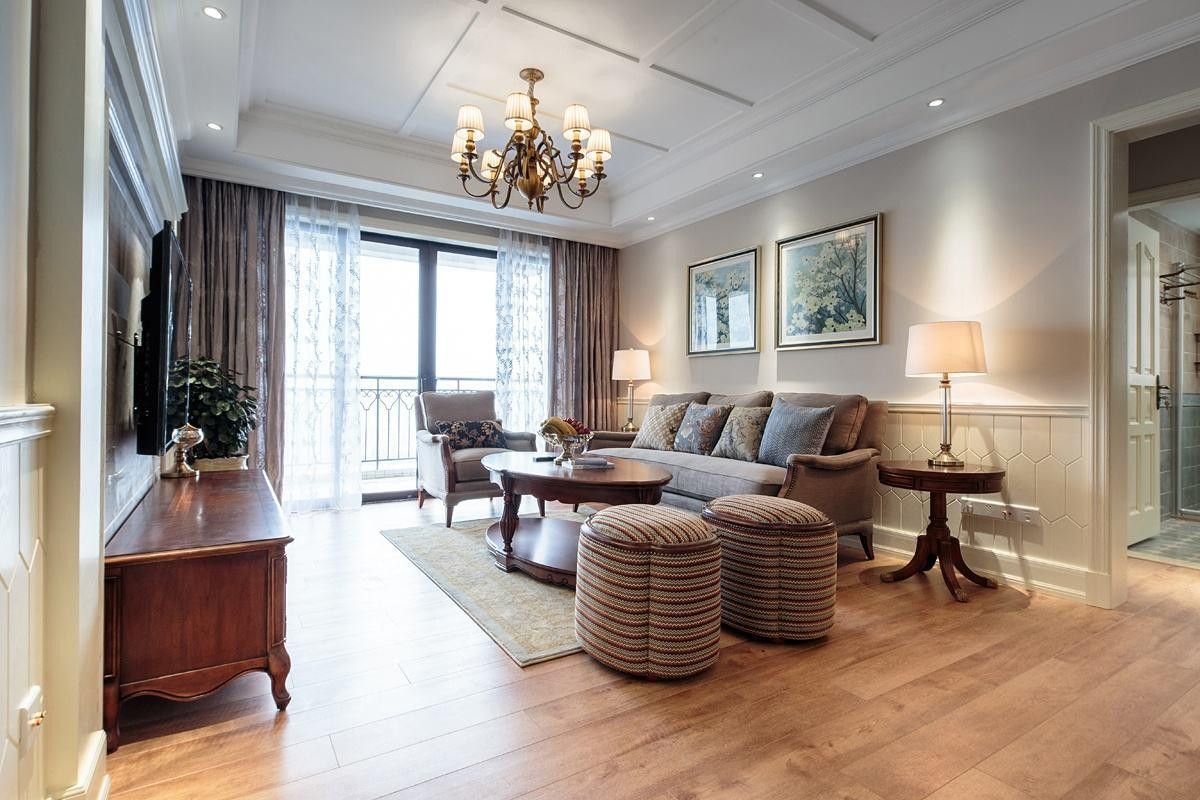



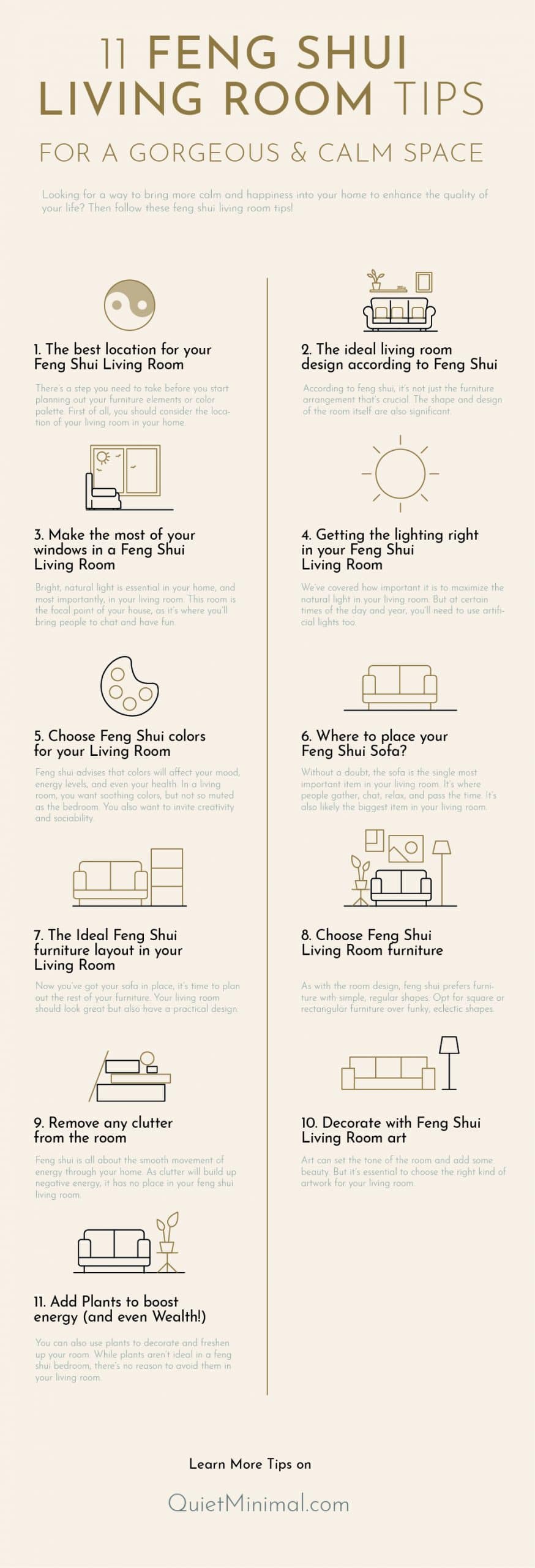


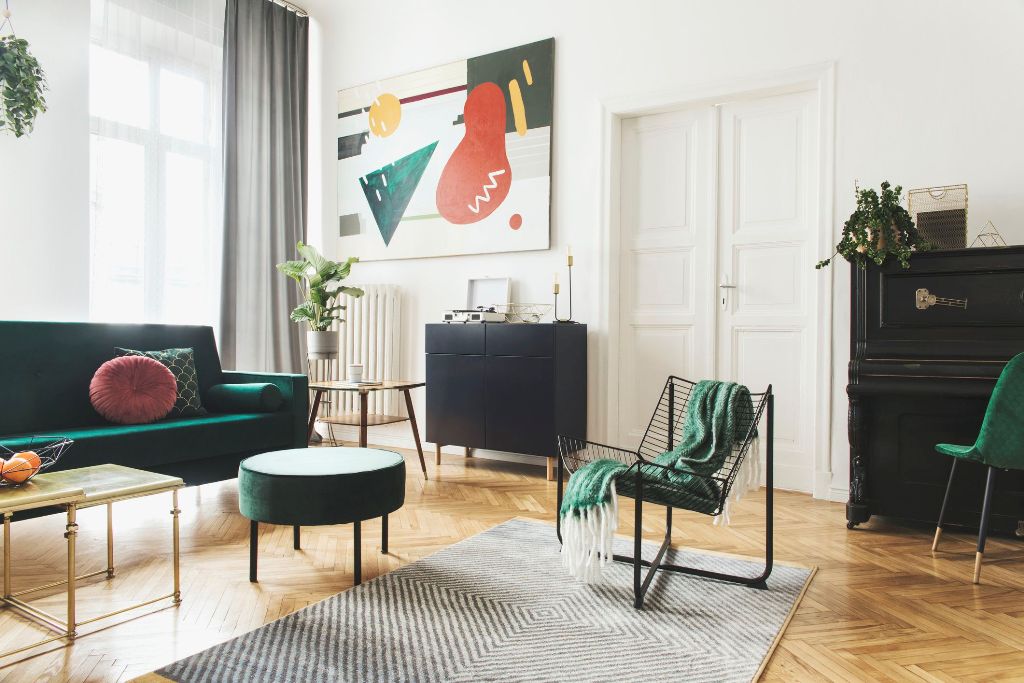


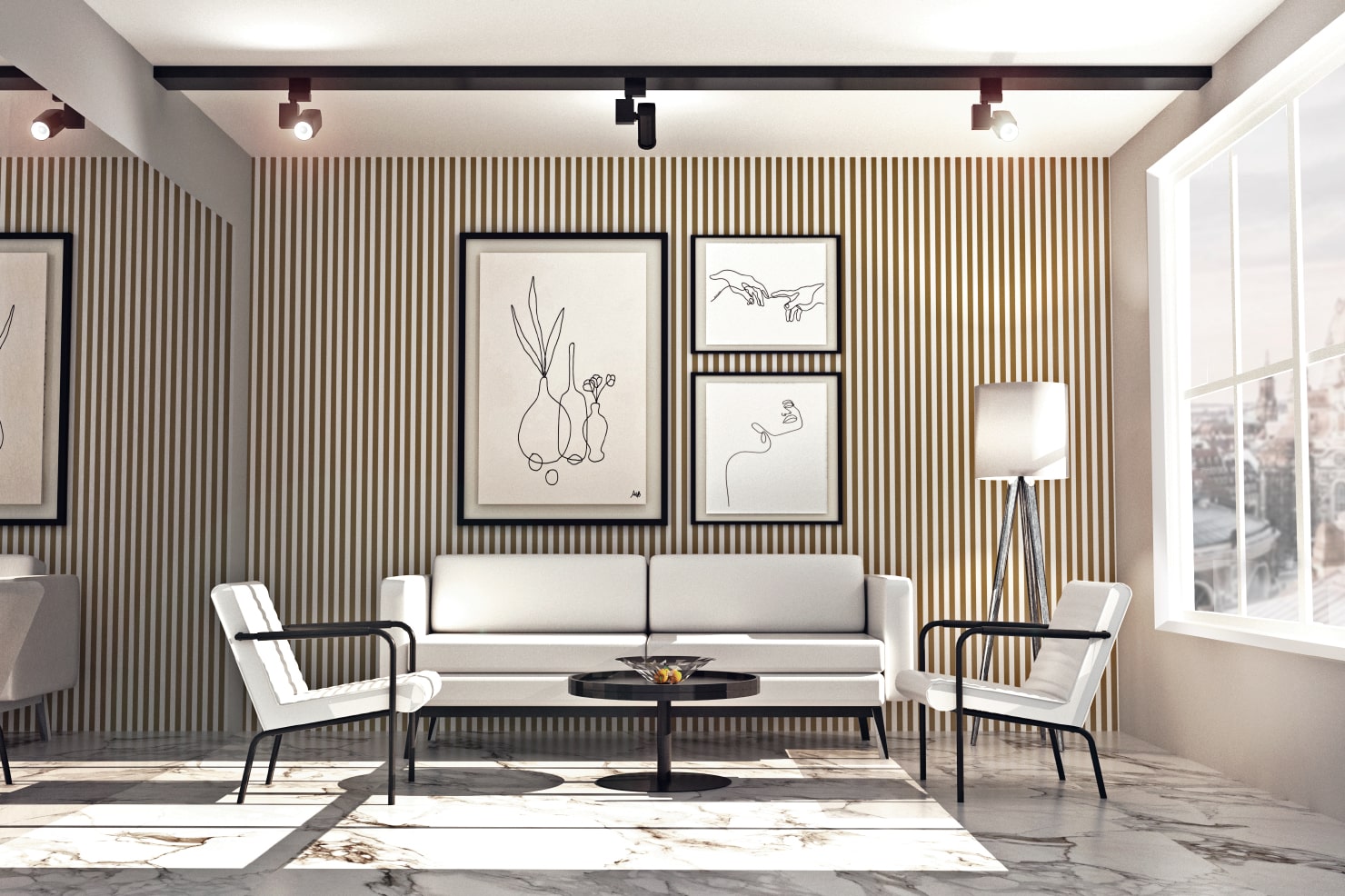

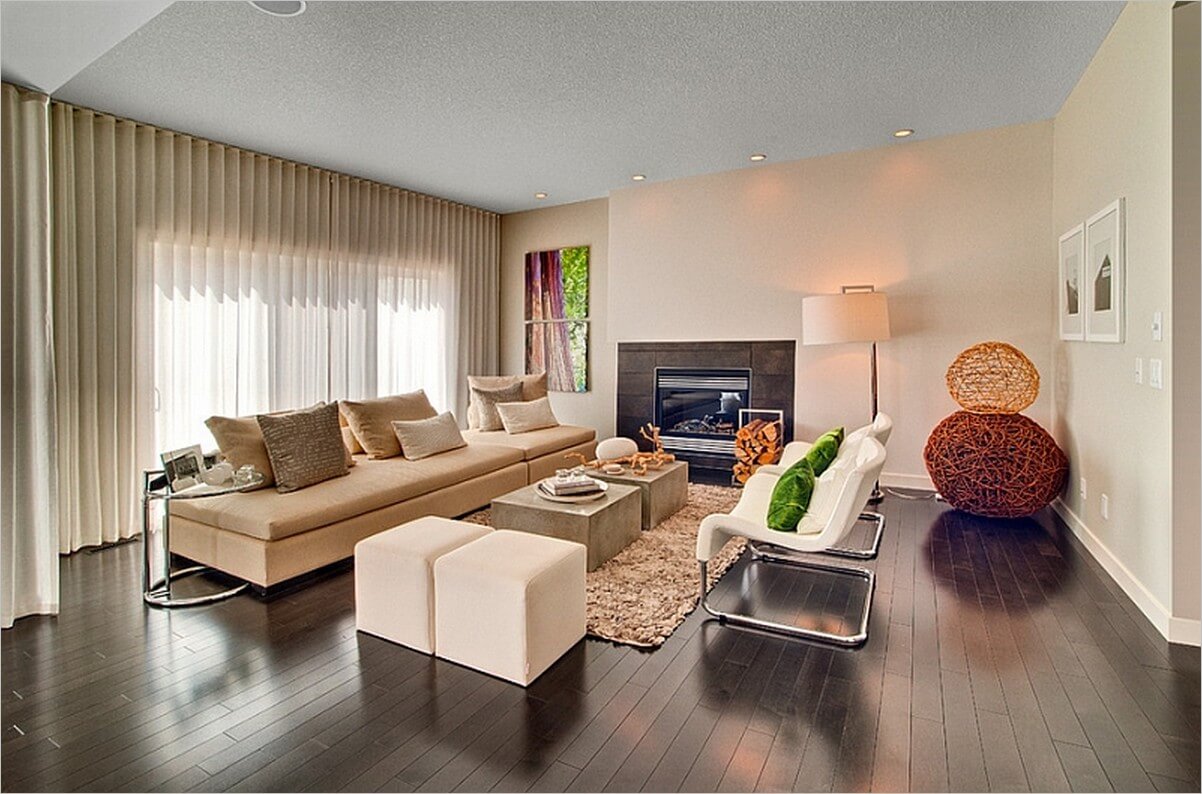





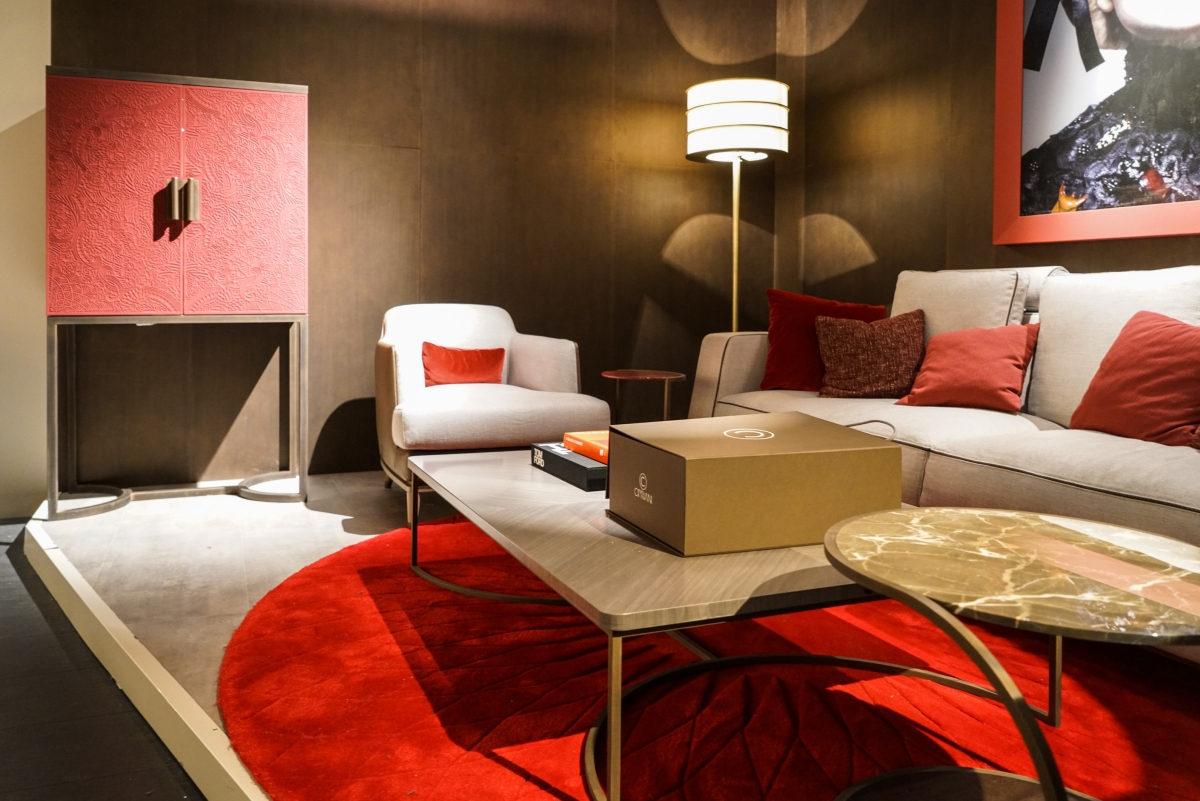

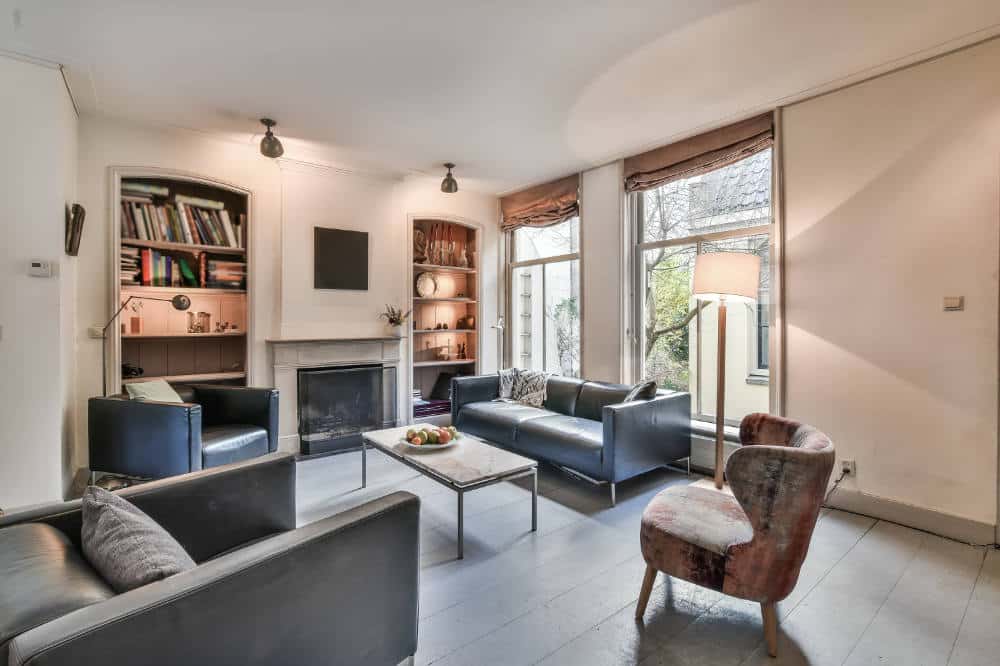
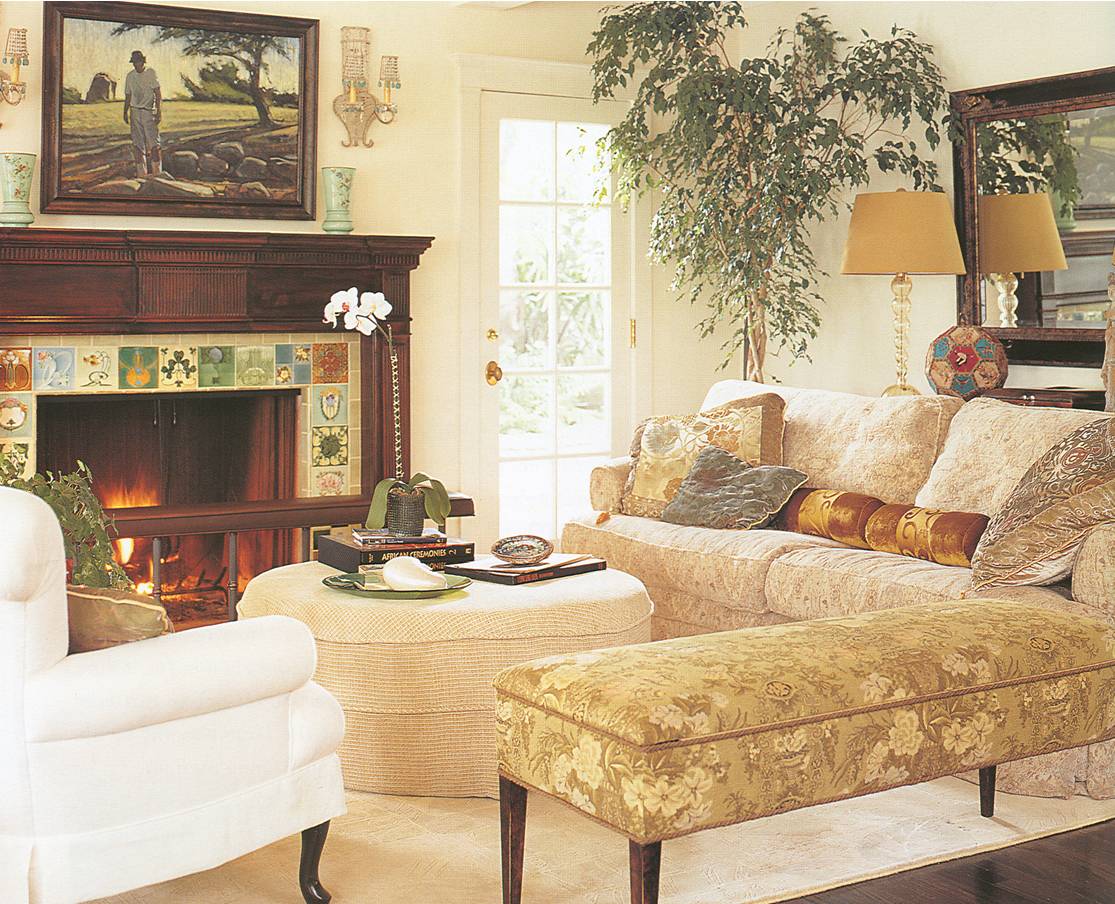
:max_bytes(150000):strip_icc()/GettyImages-642242204-9bc00f4474f040908f0286b3f2764f95.jpg)




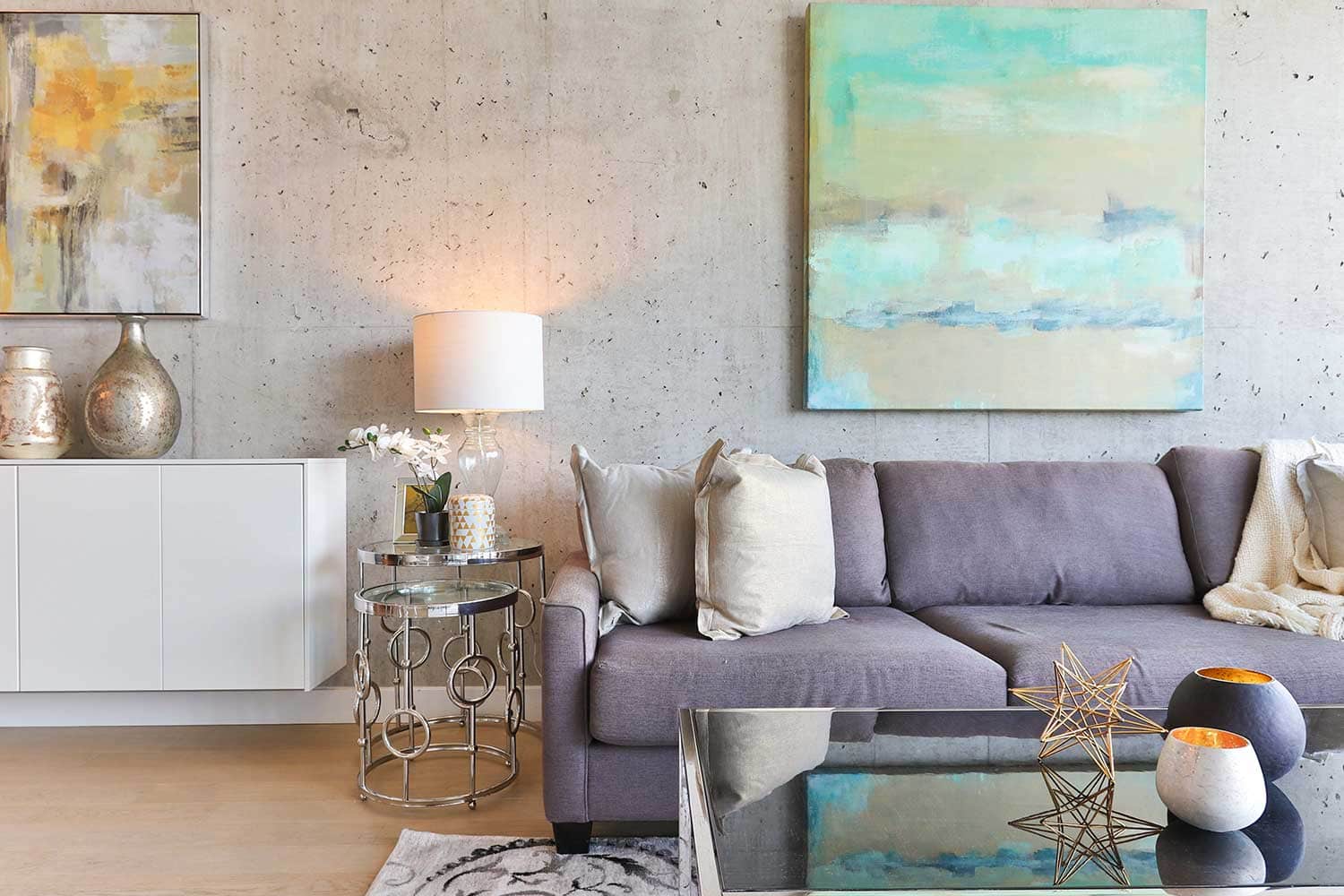
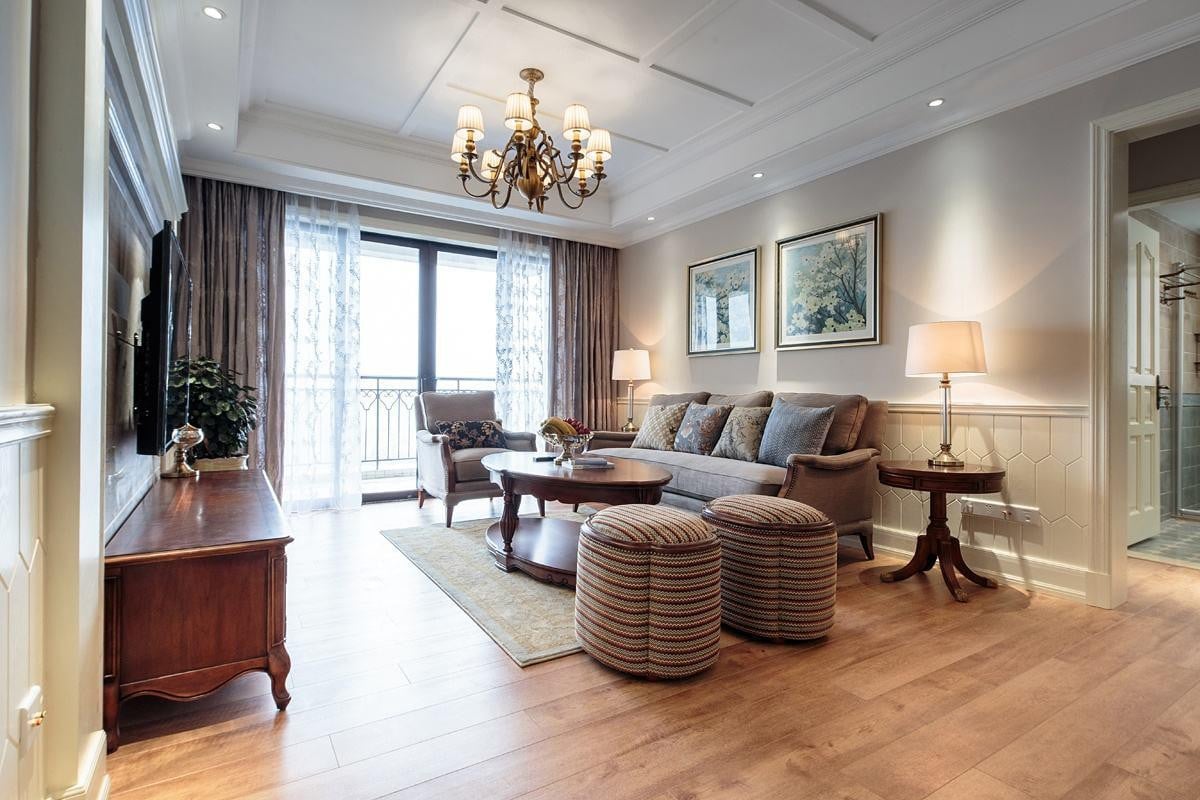

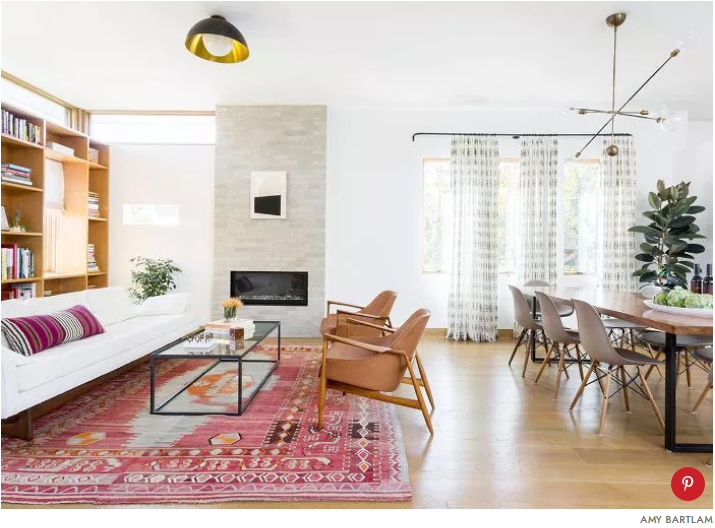

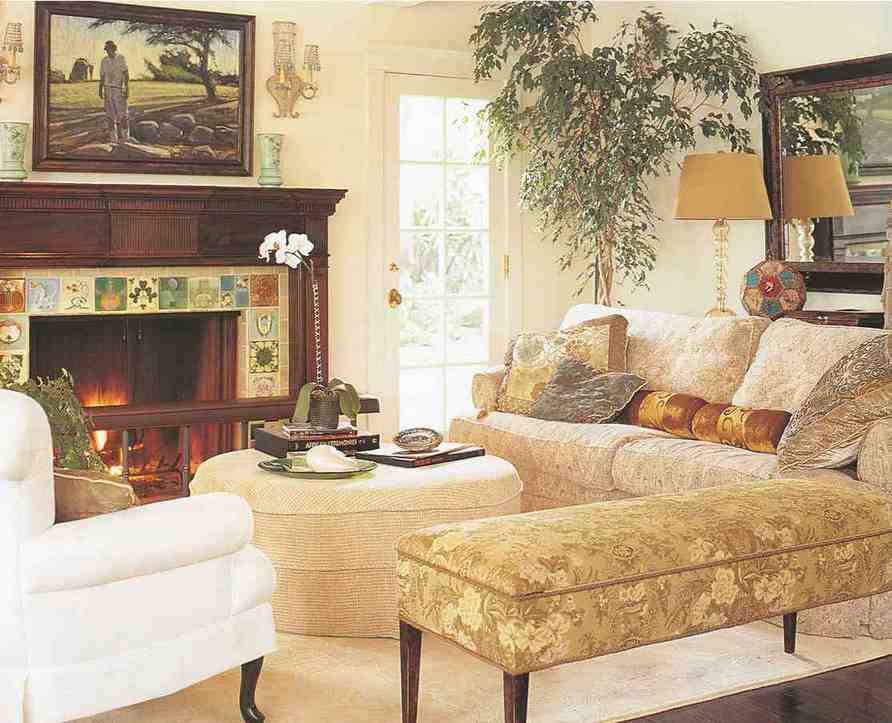
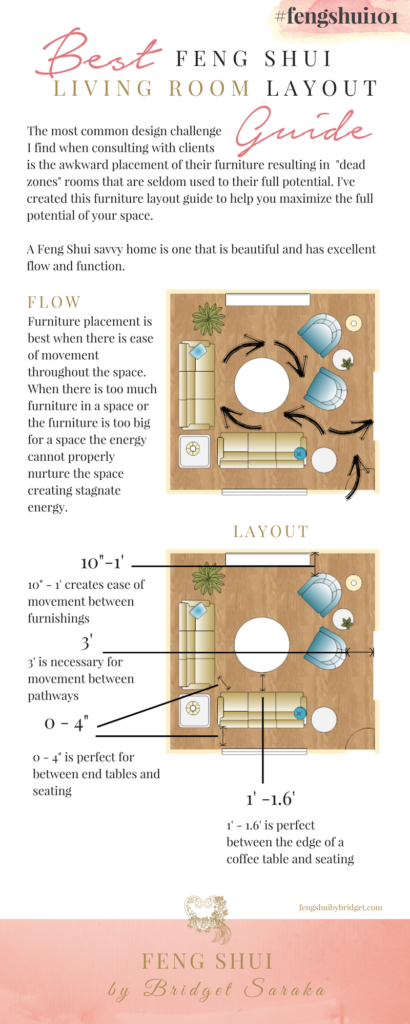


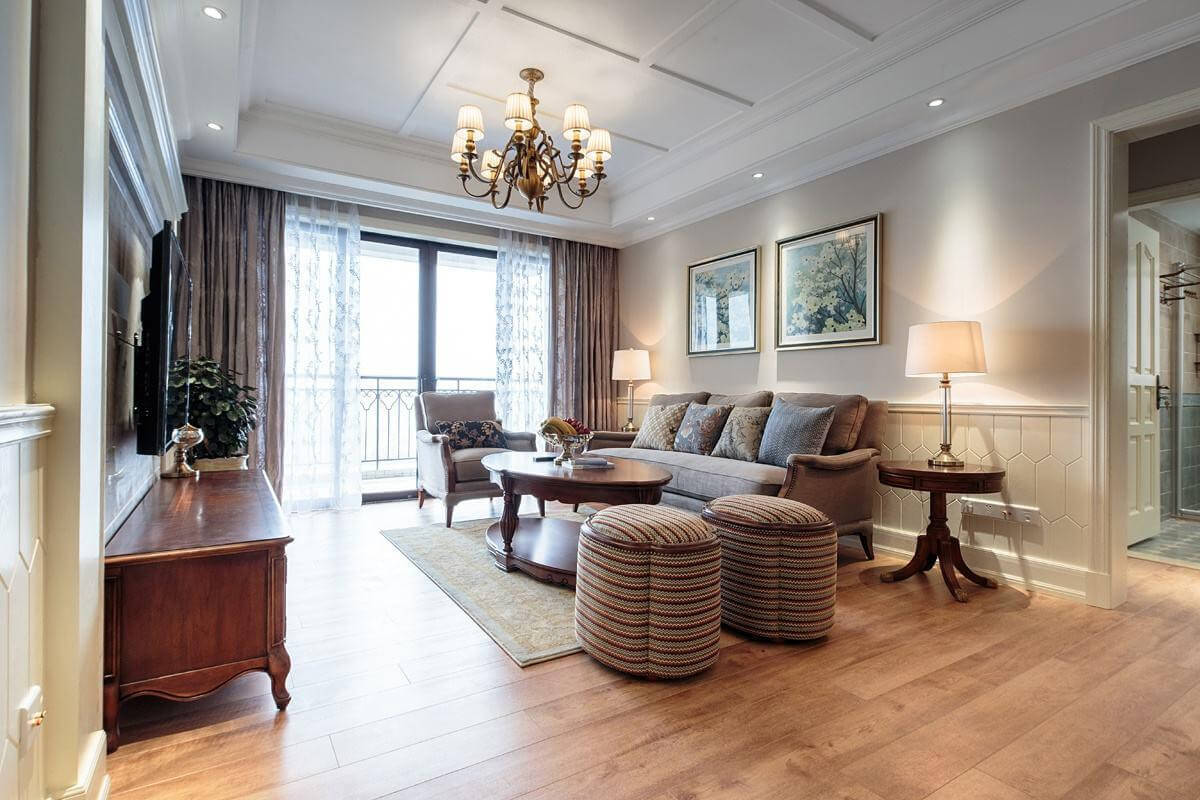

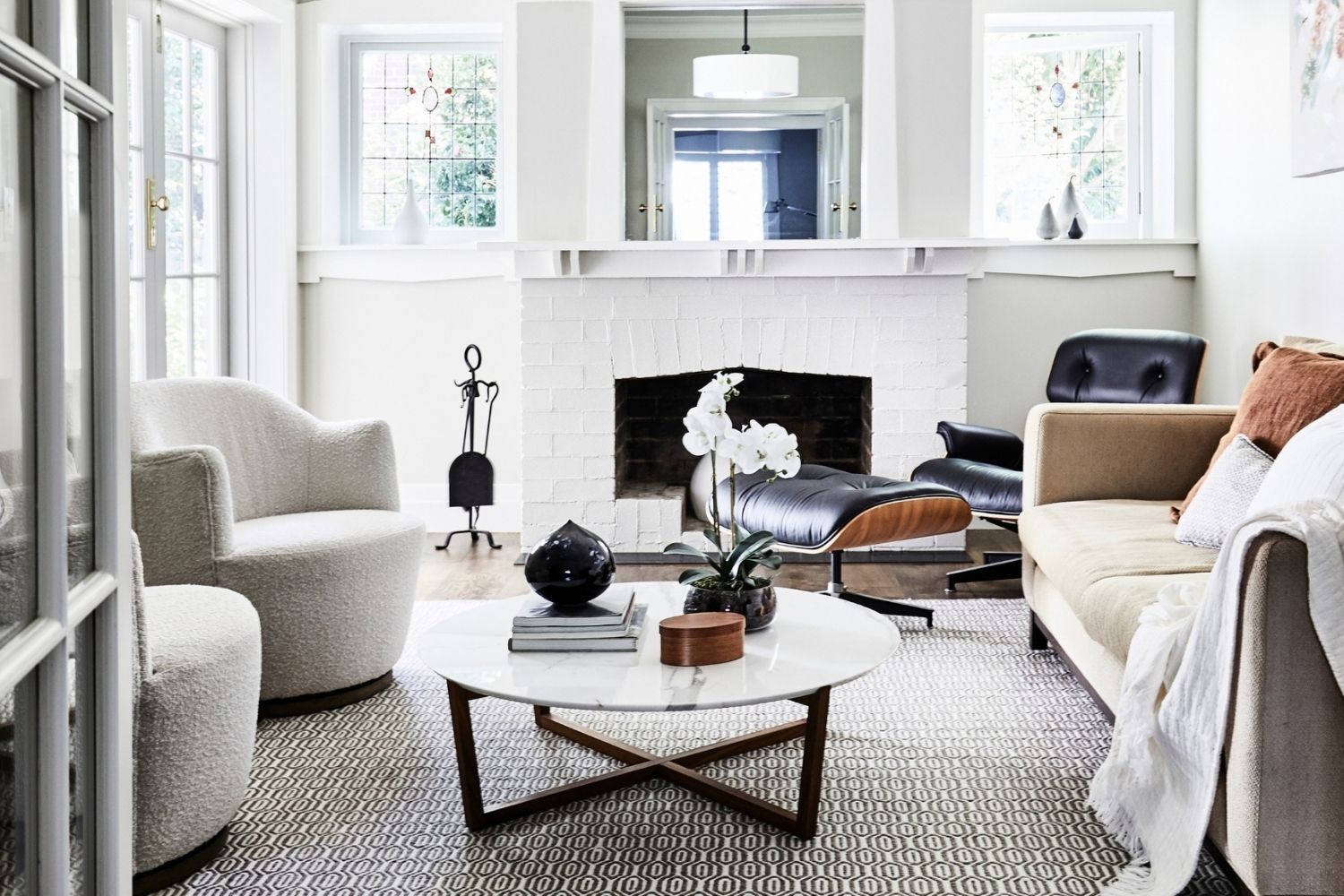





/GettyImages-1030845464-d9bf0a6179ff4601971a1ab963607969.jpg)

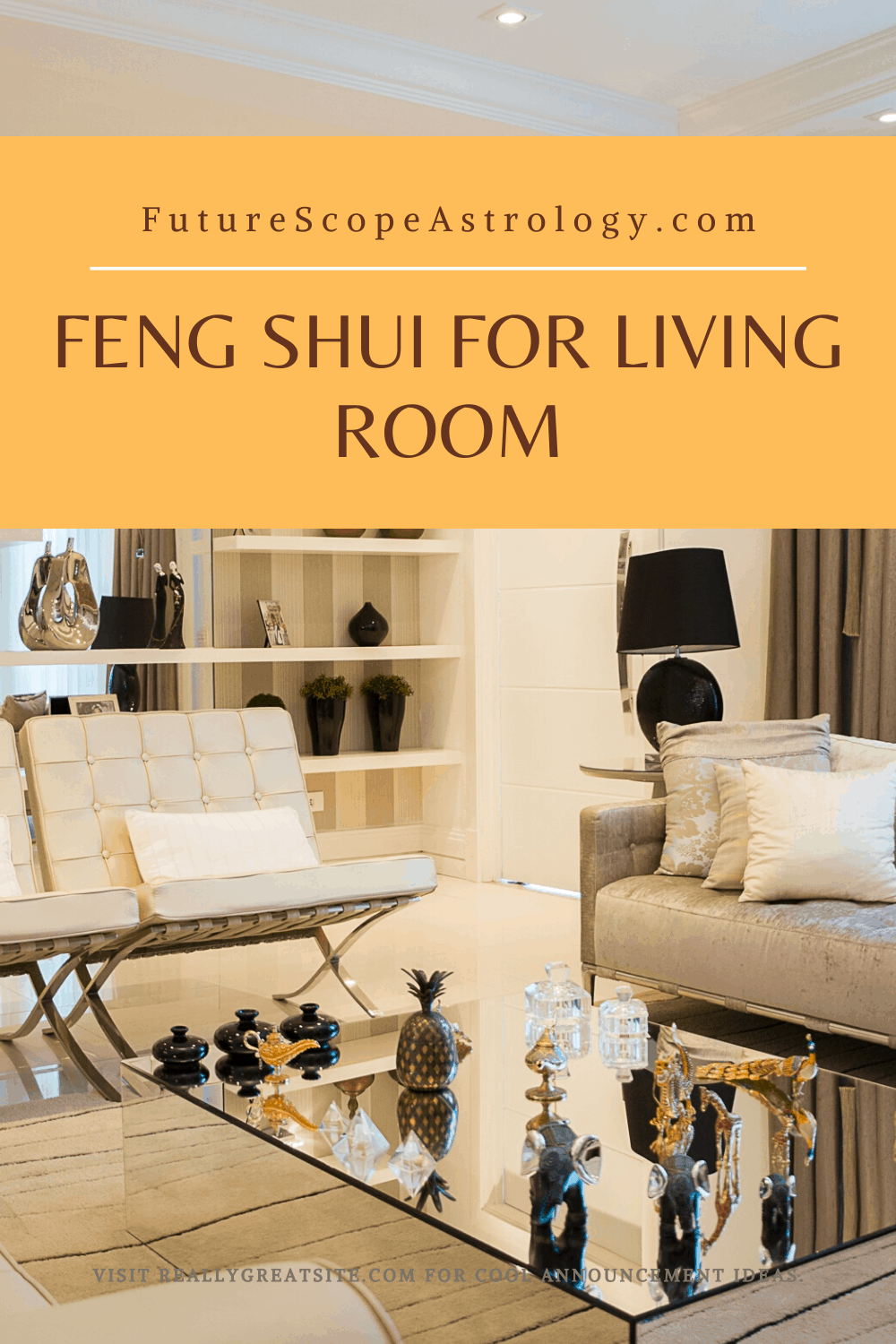
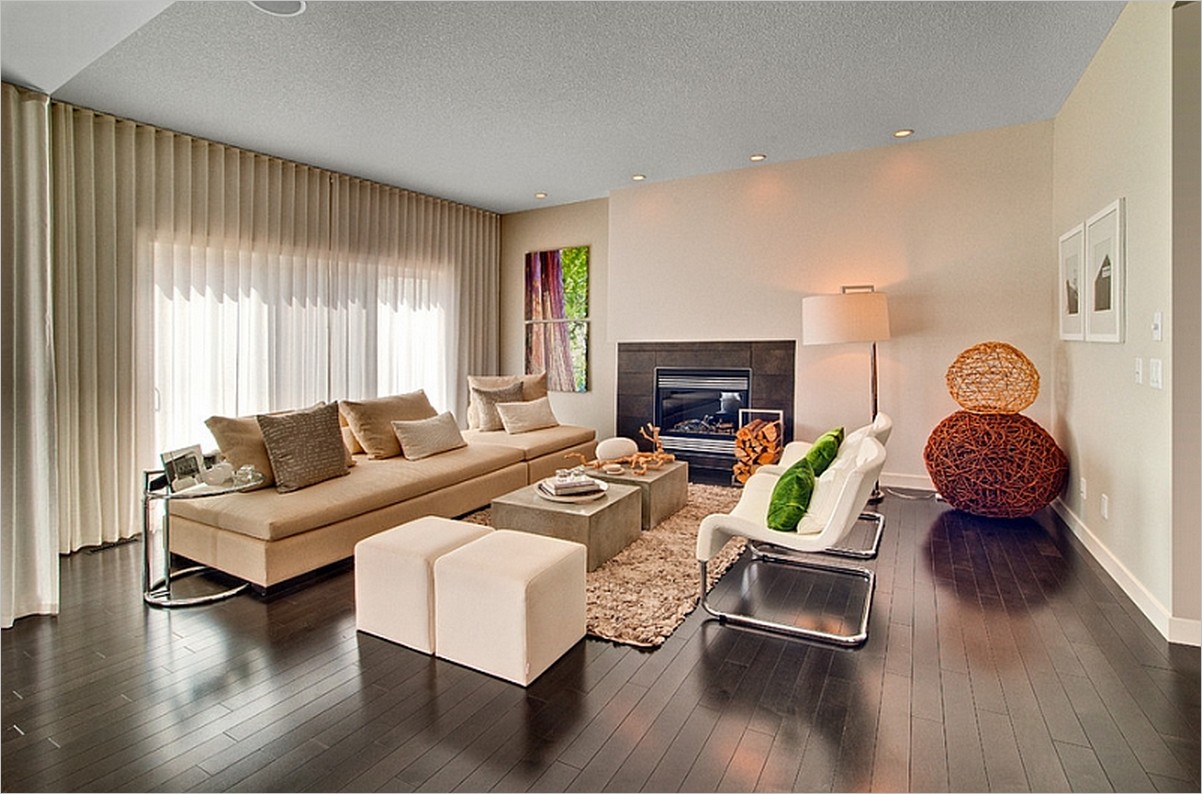
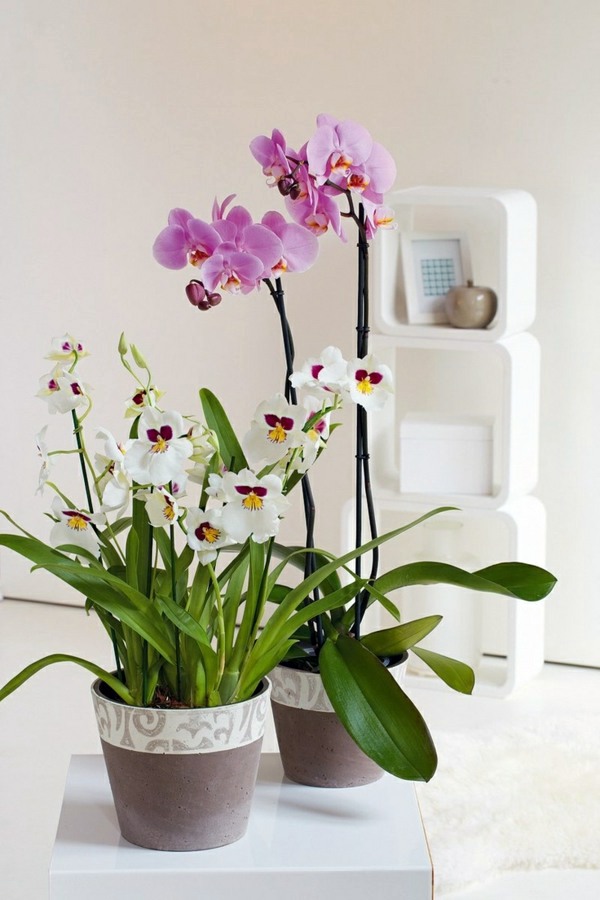
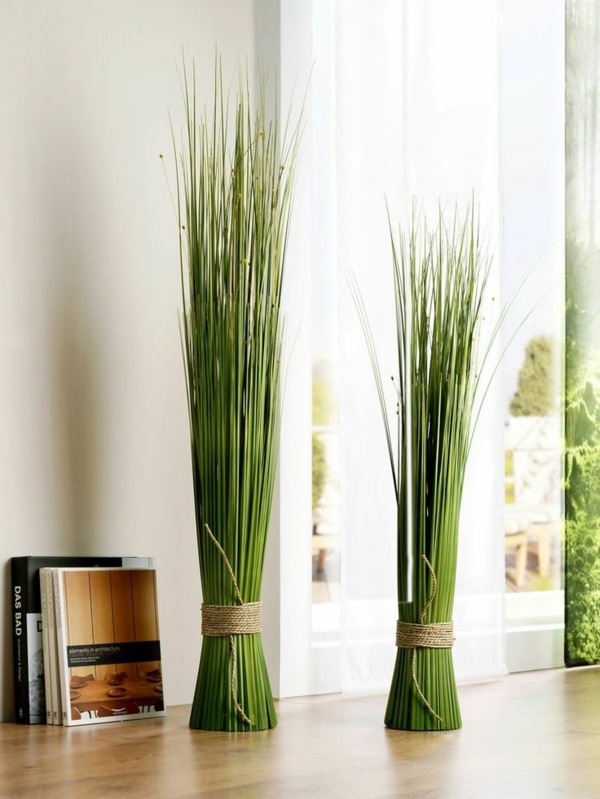








:max_bytes(150000):strip_icc()/spacejoy-AAy5l4-oFuw-unsplash-04a8d5ee6e56453b9b17fd4e42ec894b.jpg)

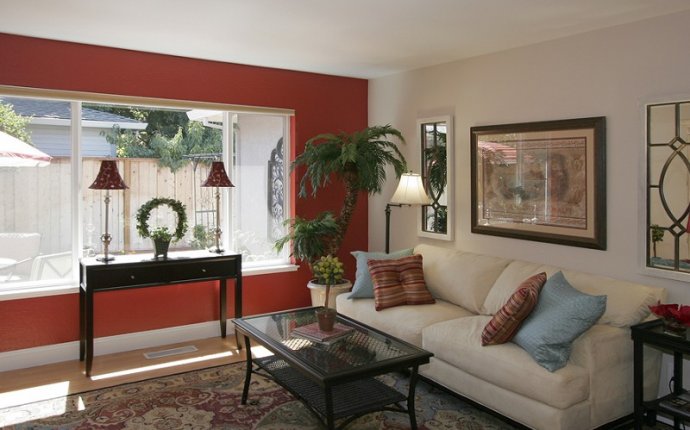
:max_bytes(150000):strip_icc()/feng-shui-tips-for-a-mirror-facing-the-bed-1274767-05-0e052fd883204afaa48e6f7eb955259e.jpg)
